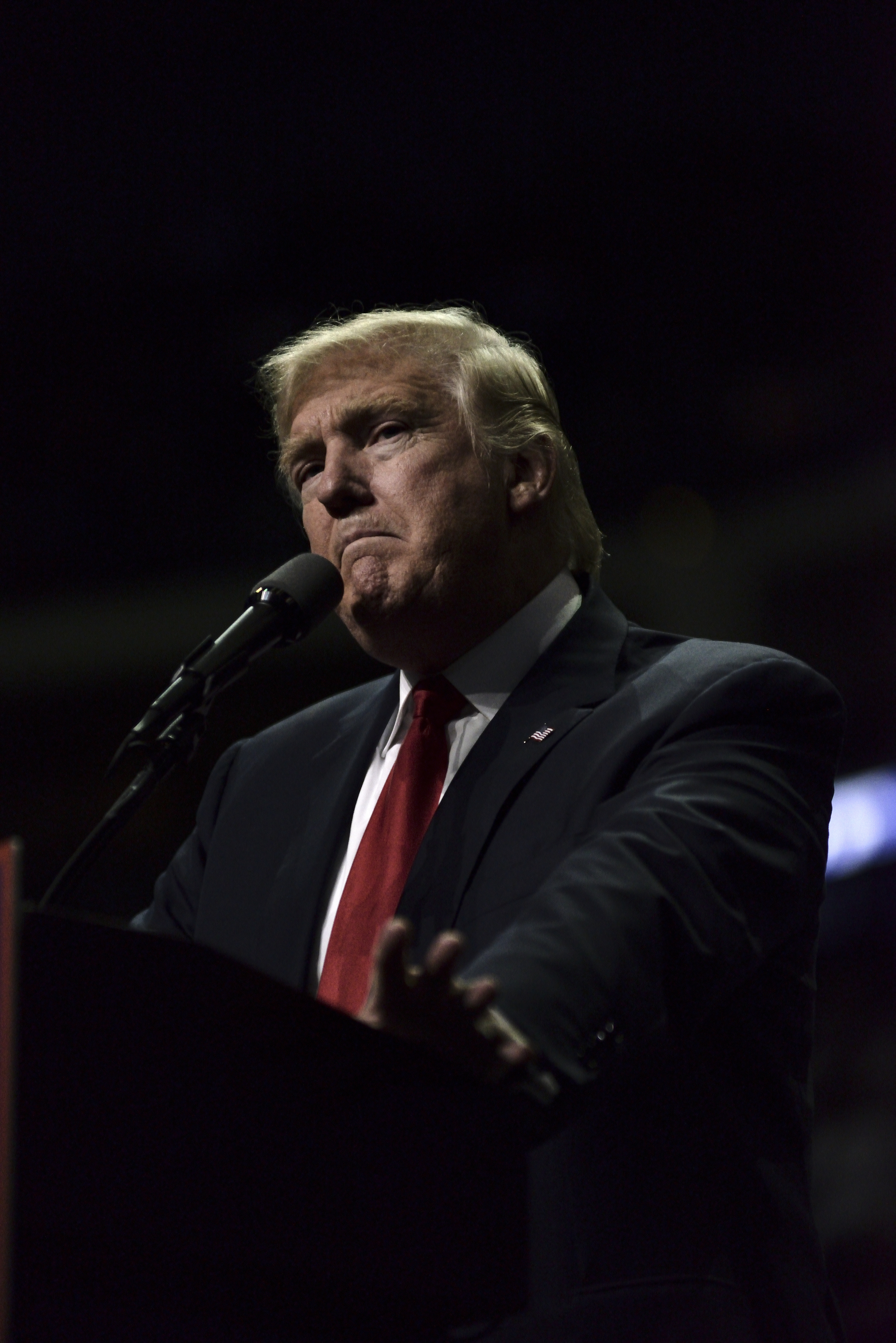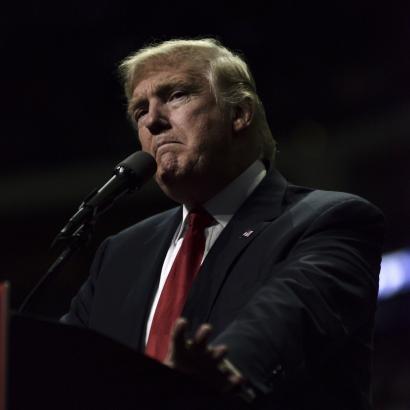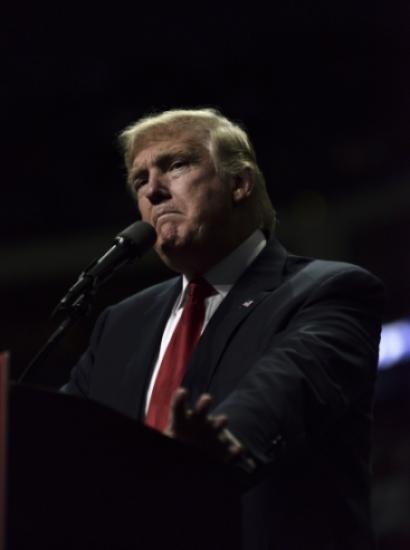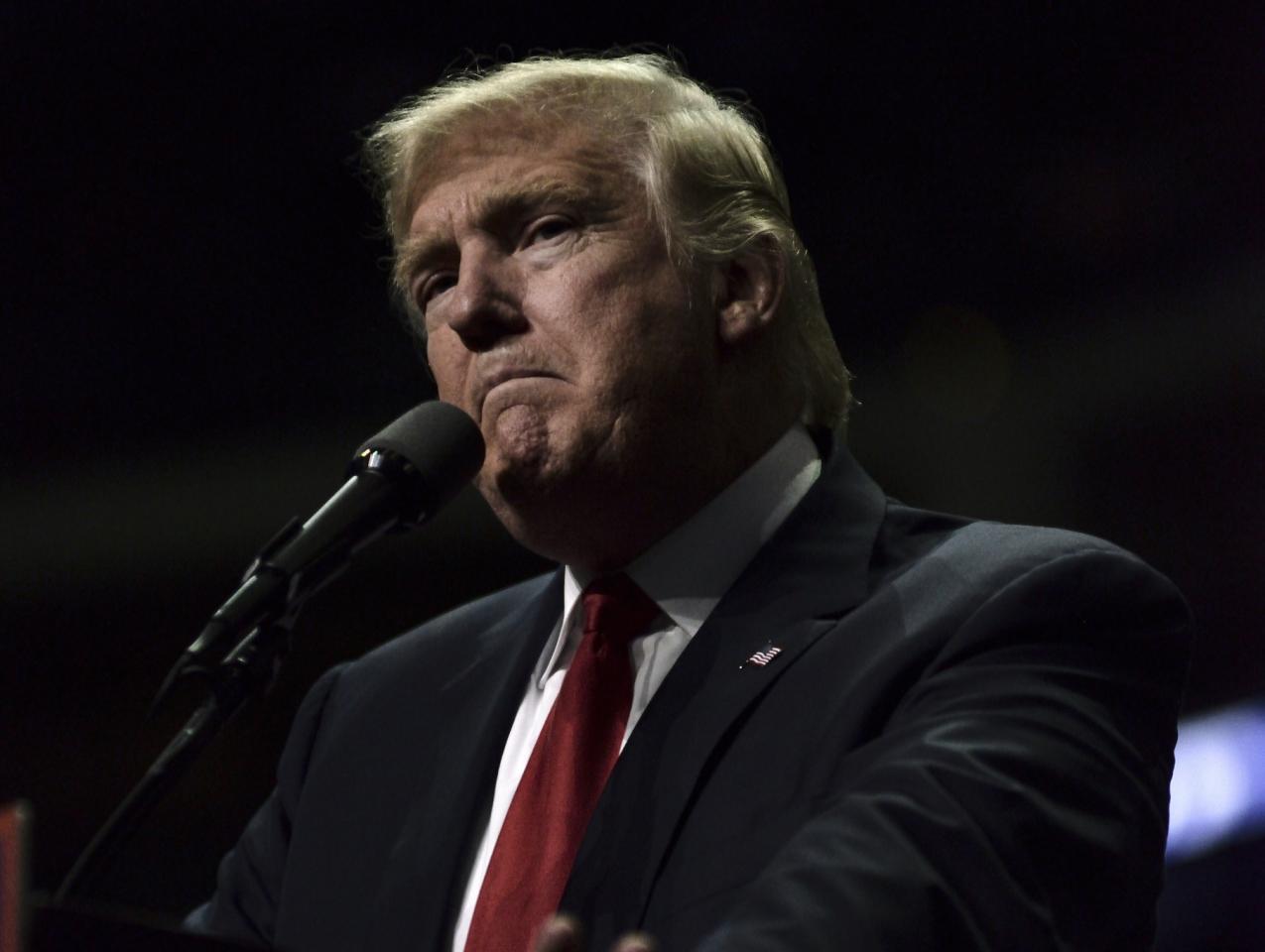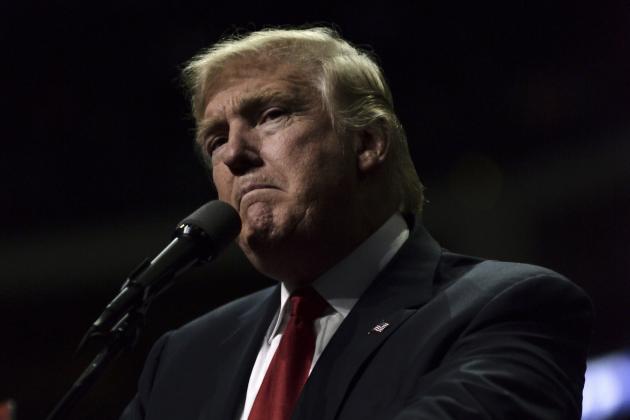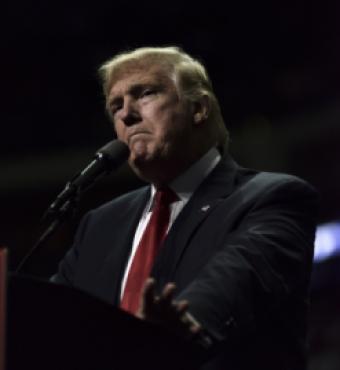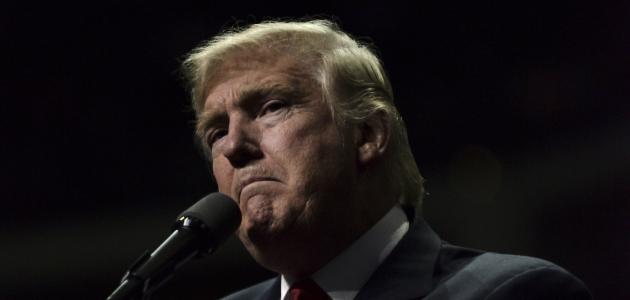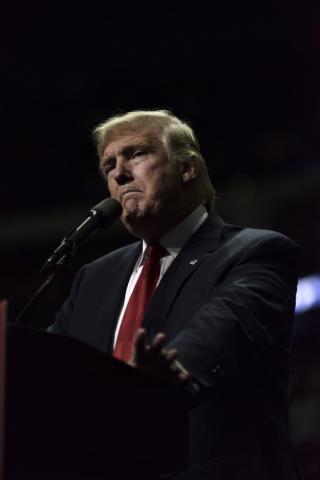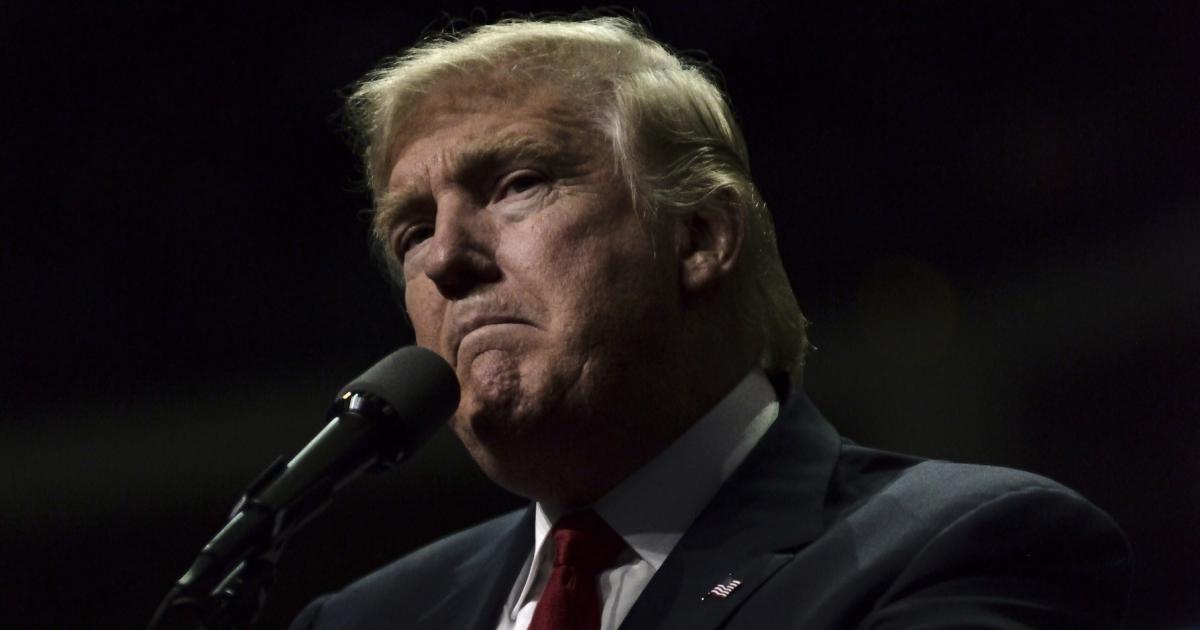- Politics, Institutions, and Public Opinion
- The Presidency
- Congress
Abstract: Donald Trump campaigned on ending foreign wars. In his view, conflicts wasted American lives and treasure for nothing. Once in office, Trump set an end to U.S. involvement in Syria and began to wind down deployments in Afghanistan and Iraq. He raised doubts about whether the United States would honor treaty commitments to defend European and Asian allies. On the other hand, Trump also kept war as a regular tool of foreign policy. He continued the interventions of his predecessors in the Middle East. He launched strikes on Syrian military facilities to retaliate for the use of chemical weapons. He threatened to destroy North Korea and sent armed ships through the South China Seas. Liberals and conservatives both took inconsistent attitudes toward whether President Trump could unilaterally launch military hostilities.
This Essay will explain why these critics were mistaken in their views of Trump and war. If the Declare War Clause were read to give Congress primacy over war, in parallel with its control over domestic affairs, then Congress could have forced Trump – and all Presidents – to fight wars and deploy troops over his objections. Instead, the Constitution vests the president with executive power and the role of Commander-in-Chief, which gives them the primary constitutional duty of “protection of the community against foreign attacks” because only an individual could act with sufficient “energy in the executive” to respond to the challenges of foreign policy and national security. Congress has an arsenal of authorities to block presidential war-making, such as control over the size and shape of the military. The Constitution divides the war power between the executive and legislative branches and encourages them to struggle for control over foreign policy and war.
Read the paper: Trump @ War.pdf






